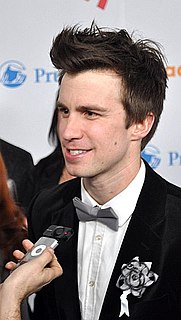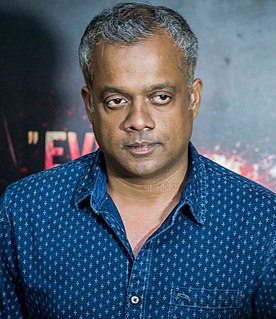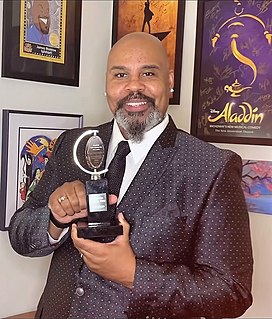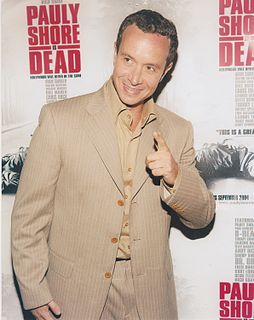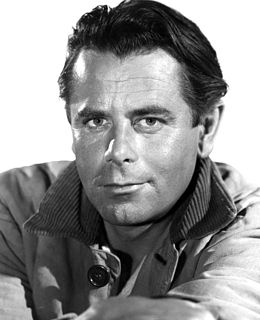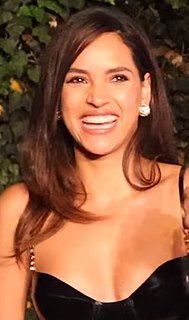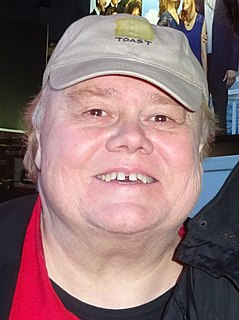A Quote by Michelangelo Antonioni
The script is a starting point, not a fixed highway. I must look through the camera to see if what I've written on the page is right or not. In the script, you describe imagined scenes, but it's all suspended in mid-air. Often, an actor viewed against a wall or a landscape, or seen through a window, is much more eloquent than the lines you've given him. So then you take out the lines. This happens often to me and I end up saying what I want with a movement or a gesture.
Quote Topics
Related Quotes
I was really proud to be in that show. I will never forget. I got the script to 'Millie,' and I'm flipping through the script and saying, 'Boy, I have some lines... I have a big song.' I was 25 years old and had never been on Broadway before. I got to the end of the script, and I was really nervous and excited. I realized I had a lot to do.
With films, I just scribble a couple of notes for a scene. You don't have to do any writing at all, you just have your notes for the scene, which are written with the actors and the camera in mind. The actual script is a necessity for casting and budgeting, but the end product often doesn't bear much resemblance to the script--at least in my case.
I remembered getting the script for the auditions [of Aladdin], I had asked someone there if improvs were allowed, and he said everyone is sticking to the script. I said to myself that they are either going to love me or hate me. I was crossing out lines and throwing in my own lines. I went into the room and started doing things. They were like, "This boy is nuts! We should keep him." That's how it all came about.
We see only the script and not the paper on which the script is written. The paper is there, whether the script is on it or not. To those who look upon the script as real, you have to say that it is unreal - an illusion - since it rests upon the paper. The wise person looks upon both paper and script as one.
When you try to be true to the script, changes occur. A script is there to show us a certain direction. But when you actually have the actors in and you start shooting the movie, you have the actor say a line and it doesn't sound right so you change it and make it different. It's the script that gives birth to these changes and the more you try to stay true to the script, the more that happens.
In the theater, you're so much more in charge as an actor. For better or for worse, you know what the audience is seeing. But you can be acting your socks off on film, and then you see the movie, and the camera is on the other actor, or they've cut out the lines you thought were significant, or they've adjusted the plot. So much of it is out of your control.
All directors make films in individual ways. But the classical kind of view of filmmaking is that you have a script, and it's very linear. There's a script, then you're going to shoot the script ,and then you cut that, and then that's the end of the film. And that's never really been how I've seen it.

